Complete your selection
PEA is an ultra-innovative supplement based on palmitoylethanolamide, a bioactive fatty acid produced naturally by animal and plant cells.
Palmitoylethanolamide (PEA) has been attracting widespread attention in the scientific community following the Nobel Prize-winning work of Dr Rita Levi-Montalcini. Taken for a period of several months, it aims to restore the body’s natural biochemical balance.
What is in the supplement PEA?
PEA is formulated from a proprietary source of palmitoylethanolamide (PEA) (OptiPEA®) which offers unrivalled purity.
This is an important advantage because palmitoylethanolamide is usually taken for several months if not years: taking a poor quality supplement (of which there are plenty on the market) will invariably cause adverse effects in the long term.
Palmitoylethanolamide in the human body
The vast majority of our cells are able to produce palmitoylethanolamide on demand, primarily when they are damaged or threatened.
When they need it, they remove certain fatty acids from their membranes and convert them into palmitoylethanolamide with the help of precursors called N-acylphosphatidylethanolamines (NAPEs). The reverse pathway is equally simple: using an enzyme called ‘fatty acid amide hydrolase’ (FAAH), the PEA is broken down by cells and the fatty acids reintegrated into cell membranes.
Cells use this process to rebalance biological processes that have been disrupted, such as over-activation of glial cells (2).
Note : this paragraph does not deal with the effects of exogenous palmitoylethanolamide.
Four good reasons to try PEA
- As PEA is not very soluble in water, it has quite low bioavailability. To maximise it, you need to choose a micronised supplement - in other words, one that contains very fine particles, which is obviously the case with our PEA.
- As PEA supplements are taken for very long periods, it’s important to opt for the highest quality product possible.
- Most PEA supplements are made from palm oil grown in conditions that involve deforestation and adversely affect biodiversity. The PEA in our supplement has been extracted from RSPO-certified (Roundtable on Sustainable Palm Oil) palm oil, in accordance with strict sustainable development criteria.
- PEA is a compound that has played a key role in evolutionary history, since almost all animals still produce it today. Its properties have been known for decades but it was the work of Dr Rita Levi-Montalcini which made it possible to understand its precise role in the body. Indeed, this work earned her the Nobel Prize in Medicine in the 1990s.
Note : this product should not be used to replace a varied, balanced diet or healthy lifestyle. Follow the advice on use, the recommended daily dose and the use-by date. Not recommended for women who are pregnant or breastfeeding, or for children under 15. Keep out of young children’s reach. Store in a cool, dry place.
Updated : February 2019
What is in PEA
Any questions?
The following protocol is usually recommended for a course of PEA:
- 3 capsules a day, one with each main meal, for the first two months.
- 2 capsules a day for the following two months.
- 1 capsule a day thereafter until the end of the supplementation period.
If necessary, however, PEA can be taken on a continuing basis.
It’s advisable, throughout the supplementation period, to try to follow the measures below:
- Regular exercise whenever possible.
- Acupuncture.
- Massage therapy.
- Relaxation techniques such as meditation or visualisation.
Following ingestion, PEA is rapidly distributed throughout the body. One study even showed that some of the palmitoylethanolamide molecules reach the brain (3), with a relatively diverse distribution (the cerebral cortex, hypothalamus and white matter are the areas in which most PEA is found).
Are there any contraindications associated with taking PEA?
Over the course of twelve clinical studies conducted since 1972, researchers have not found PEA supplementation to produce any particular side-effects (4) - hardly surprising given that palmitoylethanolamide is produced naturally by the body’s cells.
Nor have any drug interactions been identified to date. However, anyone suffering from kidney or liver problems is advised to start with 400mg daily (1 capsule) and gradually increase the dose over subsequent weeks.
These safety indications only apply to supplements made from pharmaceutical grade palmitoylethanolamide such as our product, PEA. Avoid palmitoylethanolamide of unknown origin to prevent any nasty surprises.
This product’s capsules are made of pullulan, a natural polysaccharide obtained by fermenting tapioca or corn. Pullulan contains no animal ingredients and provides an excellent barrier to oxygen, helping to preserve the integrity of the capsule’s ingredients. It is also an eco-friendly alternative to synthetic materials.
october 9 2019
fidèle à la description
february 26 2025
**********
january 27 2025
***********
january 22 2025
Grand malade de Charcot, vous m'aidez à survivre.
Severely ill with Charcot's disease, you help me survive.
 see the translation
Translated by SuperSmart - see the original
see the translation
Translated by SuperSmart - see the original
january 7 2025
Avec un peu de patience elle soulage bien les douleurs pour des inflammations tendons et nerveux
With a little patience, it effectively relieves pain from tendon and nerve inflammations.
 see the translation
Translated by SuperSmart - see the original
see the translation
Translated by SuperSmart - see the original
Need help?
You may also like

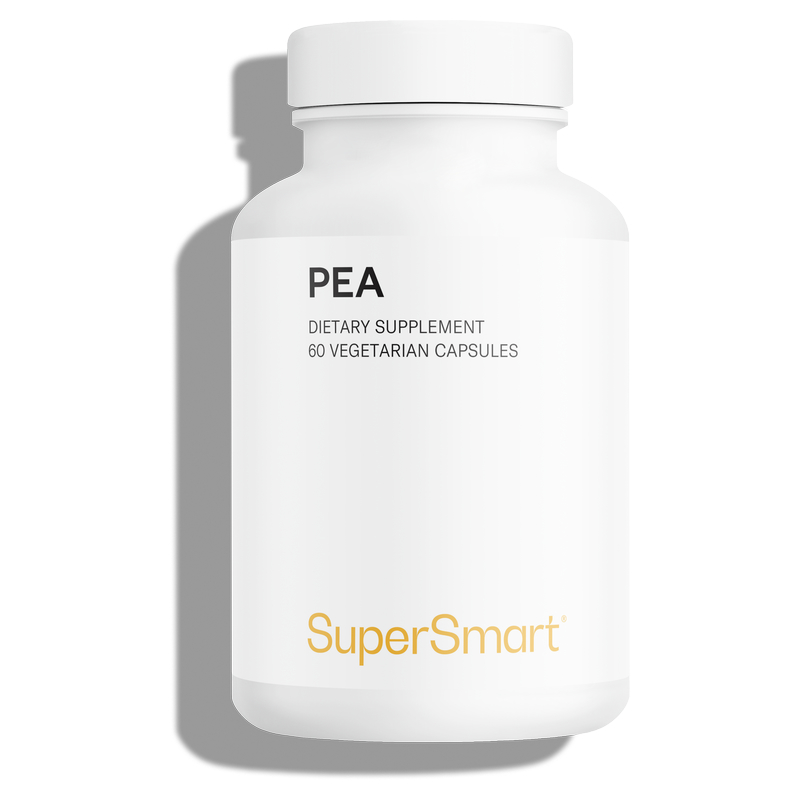
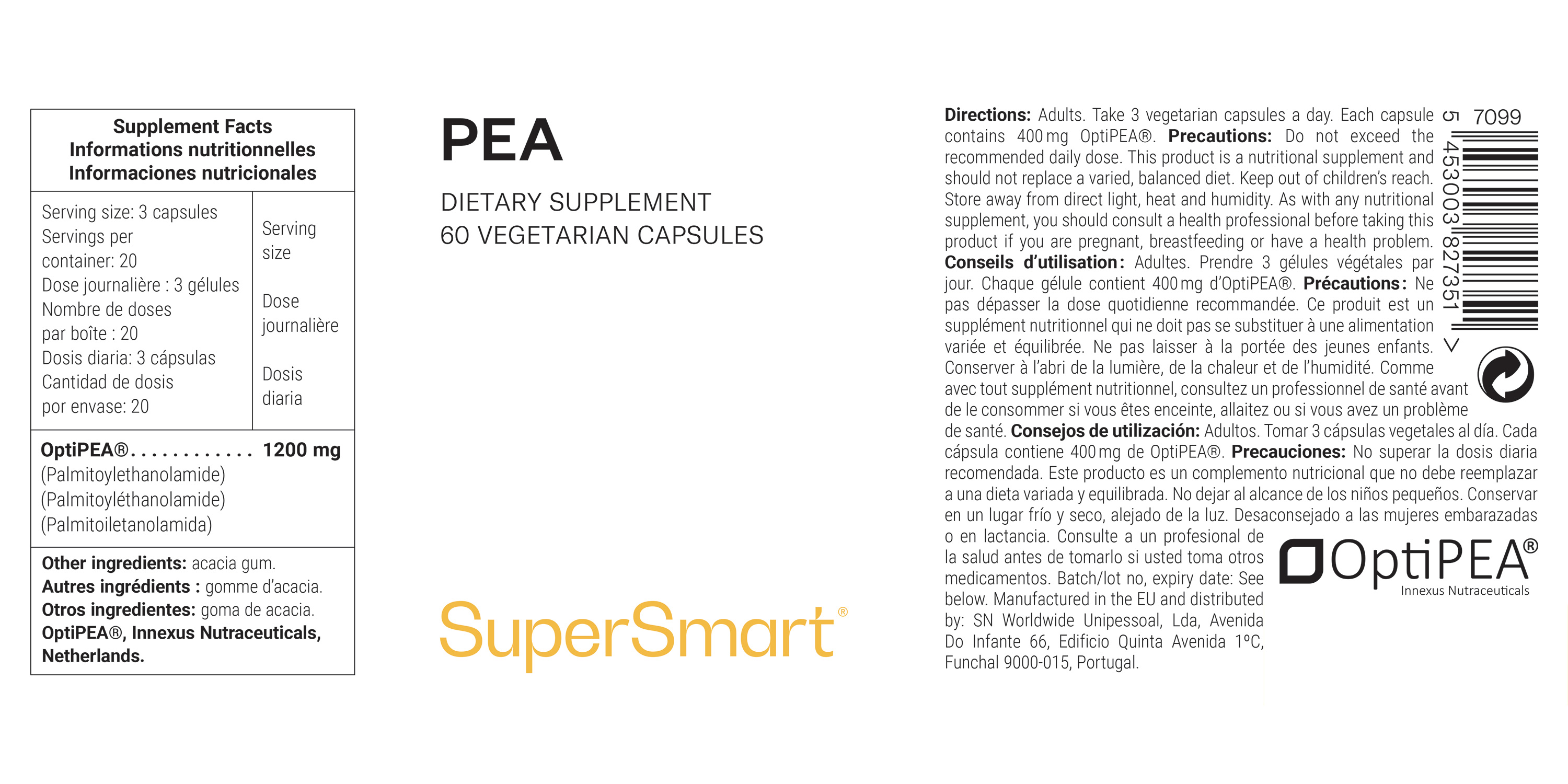

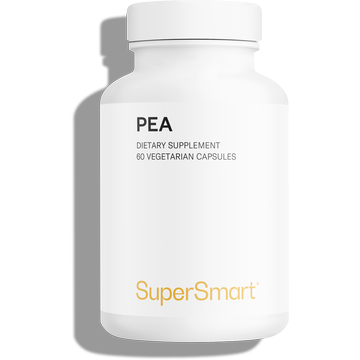
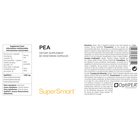


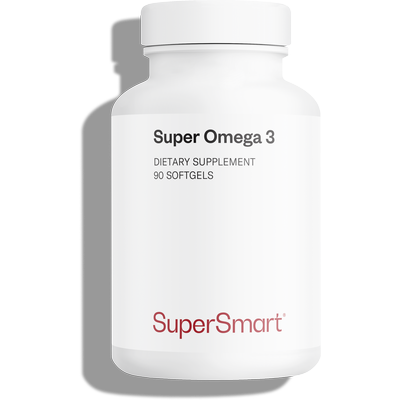
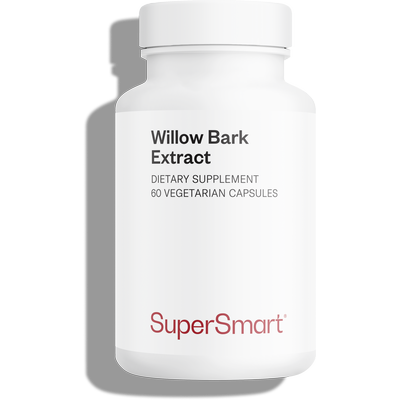
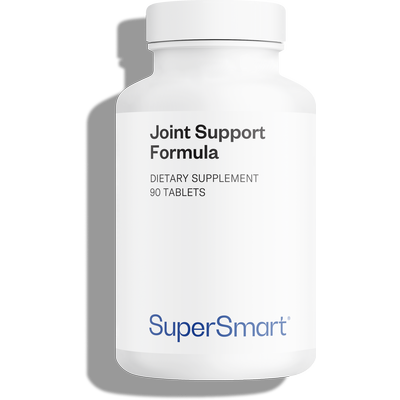
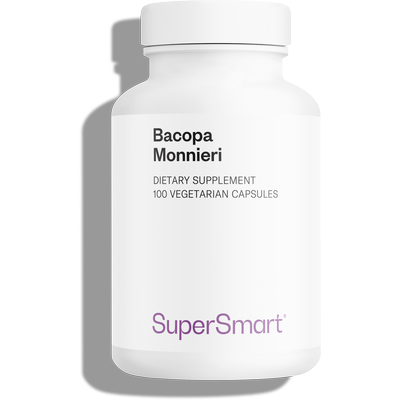
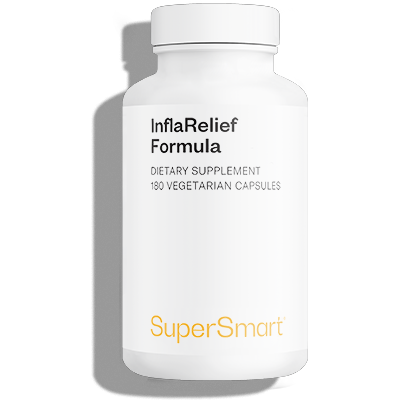

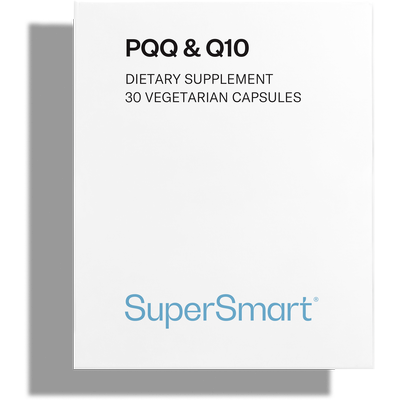
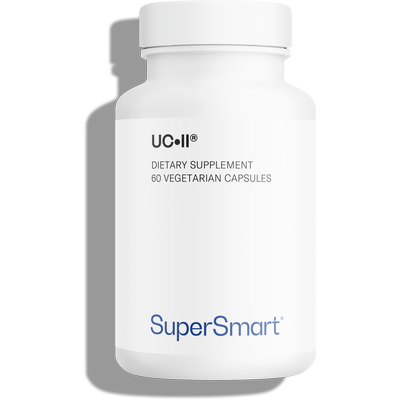
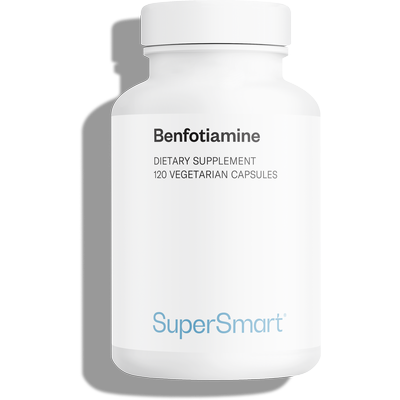
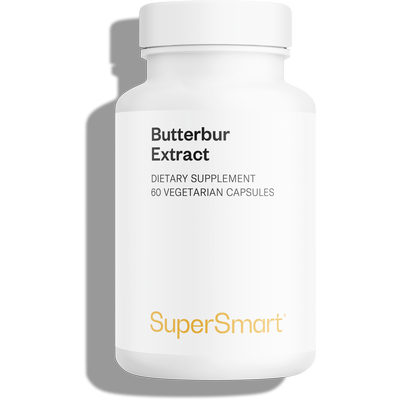
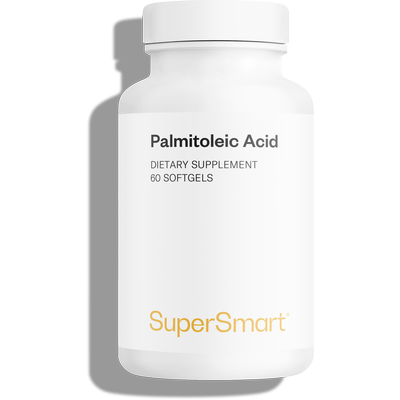


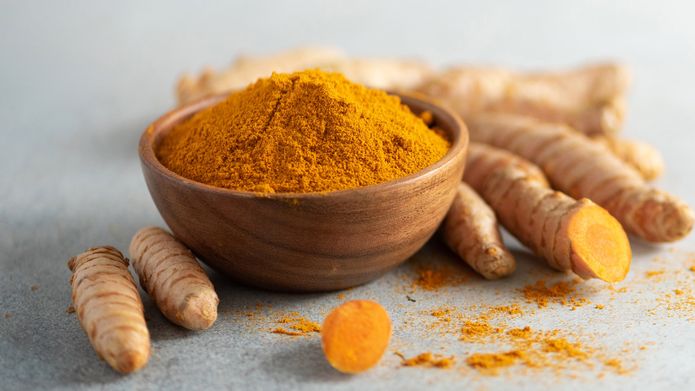

Bonjour,
Les travaux du docteur Rita Levi-Montalcini sur le palmitoylethanolamide (PEA) lui ont valu un Prix Nobel. Utilisé en cure de plusieurs mois, il vise à restaurer l’équilibre biochimique naturel du corps et aide à soulager certaines douleurs.
Chaque individu réagit de façon différente à la supplémentation de PEA et même si une très grande majorité des utilisateurs obtient des effets probants et se voient soulager de leur mal, quelques personnes ne sont pas réceptives à cette molécule.
C'est la raison pour laquelle Supersmart propose une large gamme de compléments. Je vous invite à joindre l'une de nos conseillères qui pourra vous aider dans votre choix.
Bien à vous,
Gaëlle - Supersmart